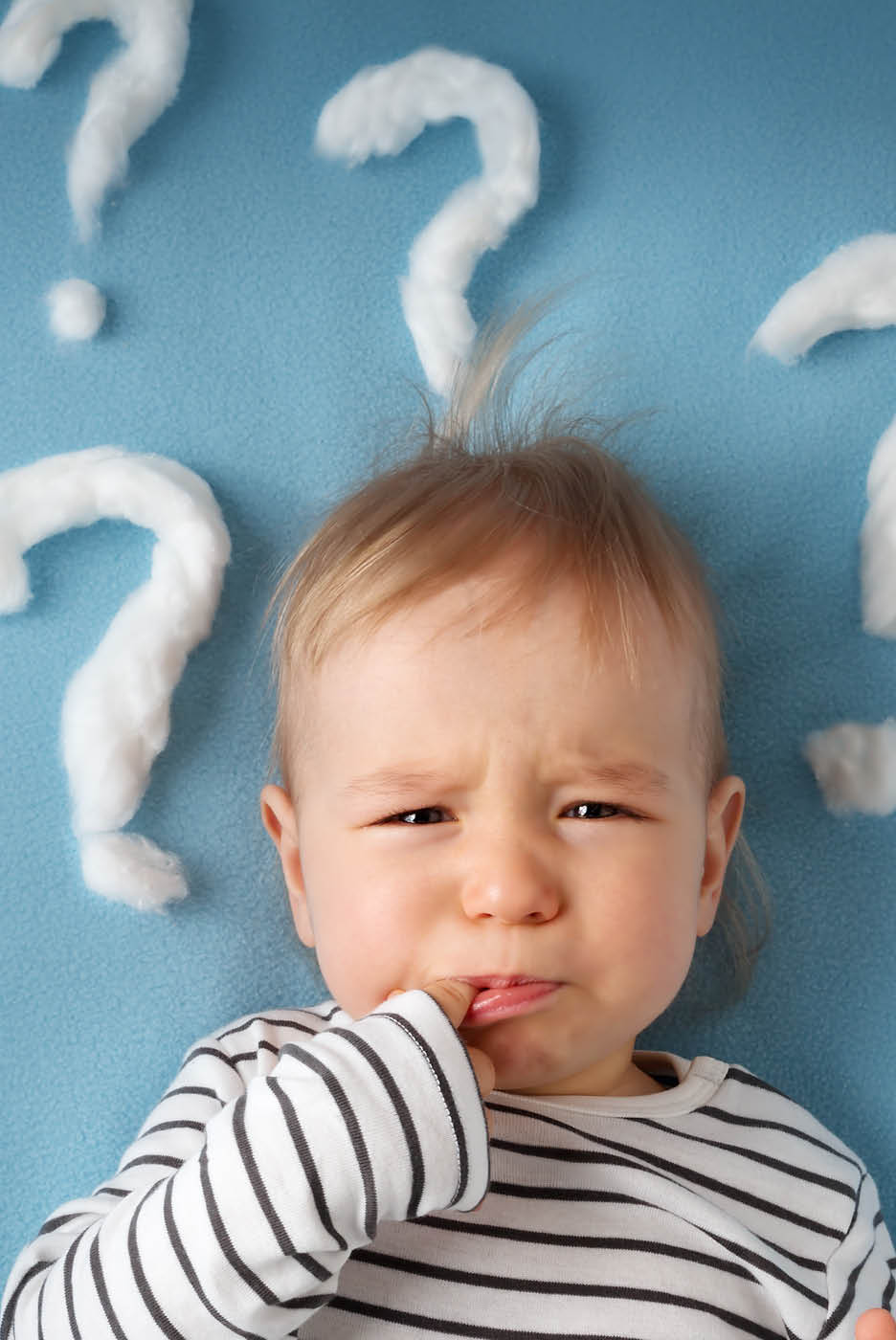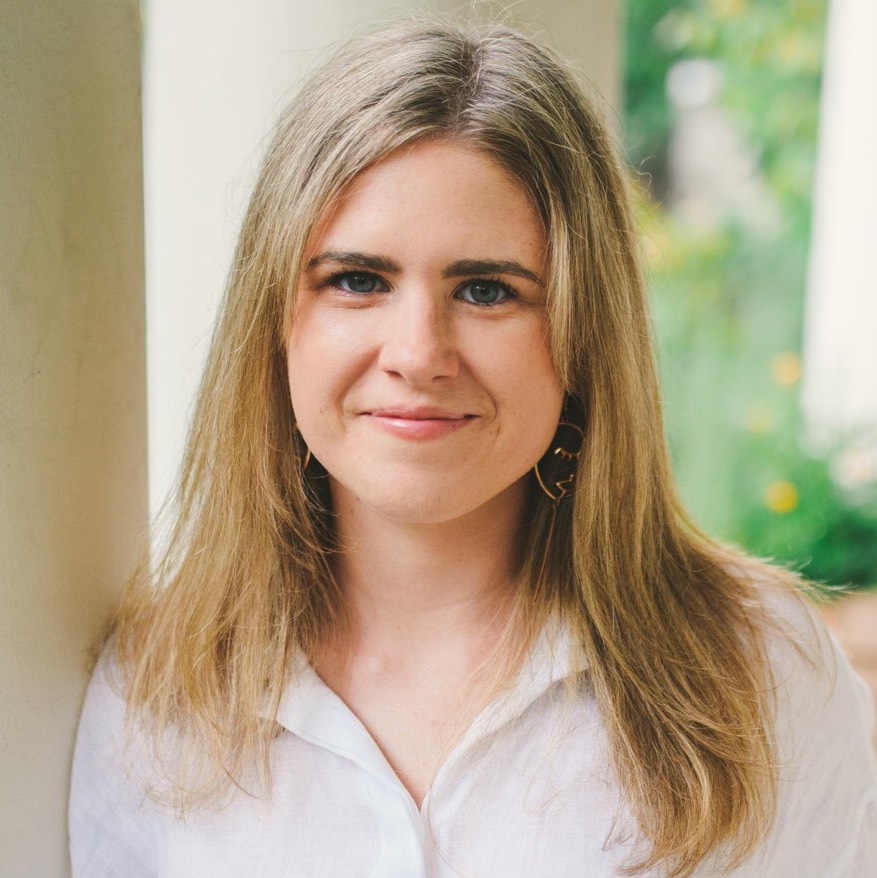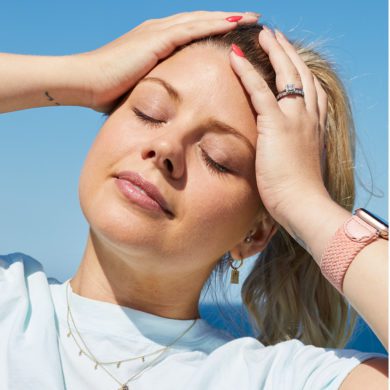Bridget always knew she wanted more than one child. Even though her first pregnancy was no walk in the park – and marred by bouts of perinatal anxiety and postnatal depression – she enjoyed motherhood, and was determined to provide siblings for her now 20-month-old son.
“We wanted to replicate the close relationship my husband has with his sister, who is only two-and-a half years younger,” says the 29-year-old advertising executive.
Then Covid-19 hit, and everything changed. Suddenly, all the old certainties crumbled as work, travel and our social lives collapsed — and women like Bridget found their feelings about family size wavered, too.
“For so long we didn’t know what was going to be happening in our own country tomorrow, let alone in two years,” says Bridget. “We’ve had to re-evaluate a lot of our plans, including when we should have the next baby.”
Women like Bridget found their feelings about family size wavered
And this uncertainty about the future is reflected in the fertility rate. In December 2020, the Australian Bureau of Statistics (ABS) revealed that Australia’s fertility rate had fallen to the lowest level in recorded history, down from 1.97 babies per woman in 2009 to 1.66 babies now.
The drop is part of a long-term decline, but demographers such as Professor Peter McDonald believe the rate will hit an even lower 1.59 babies this year, thanks to Covid-19.
Certainly, that’s the trend overseas. In the US, California recorded a 13.7 per cent decrease in births from 2019 and 2020, with other states also reporting significant falls.
This contradicts predictions that couples’ extra time together during lockdown would produce a baby boom.
“Research shows people are less likely to have children in a period of uncertainty and scarcity,” says population expert Dr Liz Allen of the Australian National University. “A baby boom is unlikely to happen during the Covid-19 crisis. After severe events, we tend to find a decline in births – we don’t see a boom.”
After severe events, we tend to see a decline in births
Usually, immigration boosts the number of babies born in Australia, but since we closed our borders in March last year immigration has basically stopped. According to government data, working visa migrants living in Australia have fallen by almost 75,000 in the year to January 2021, to a low of just under 45,000.
This spells bad news for Australia’s economy, says Dr Allen. Too few babies will put pressure on future generations. “Young people will suffer an increasing burden, carrying the economic pressures of generations past while trying to carve out a place in the world of their own.”
But for women like Bridget that seems like a distant concern compared to the immediate decision over whether to have another child. “Had Covid not happened, I think it would be completely different — but it has happened, and now you have to reassess.”
Jackie*, a 31-year-old lawyer, agrees with that sentiment. If it weren’t for Covid-19, she and her husband would be thinking about a baby now. As it stands, Jackie feels she’s lost a year of her life and needs to play catch-up.
“I’d forgotten how much I enjoyed doing whatever I want, whenever I want; being able to go to dinner at 7pm on a Tuesday and drink a bottle of wine, or go shopping and spend $400 on random shit,” she says.
“We’re in the prime of our life, we have disposable income, job security, an apartment — we should be living our best lives, and had it not been for Covid that could have involved a child”.
So, if Jackie doesn’t want to have a child anytime soon, despite having a stable double income, what hope does that leave for those working in insecure jobs? After drilling into previously unpublished data from ABS on casual employment, Griffith University’s Professor David Peetz found that far from offering desired flexibility, “the casual employment relationship is not about doing work for which employers need flexibility … [and] it’s not about workers doing things that need doing at varying times for short periods.
“The flexibility is really in employers’ ability to hire and fire, thereby increasing their power. For many casual employees there’s no real flexibility, only permanent insecurity,” he concludes.
I’d forgotten how much I enjoyed doing what I want
The truth is that fertility rates have been declining for a long time. In the two decades since then-treasurer Peter Costello famously implored women to “have one for mum, one for dad, and one for the country”, causing a brief baby blip, rates have continued to fall.
The reasons for this are complex, say experts – everything from climate-change fears, to employment and housing insecurity. The pandemic has added an extra layer of concern for women, though; some of whom might be concerned about the effect of vaccinations in pregnancy.
In fact, women aged 30-39 are the most vaccine-hesitant group in Australia, according to one recent government study – but as Dr Kate Young, a research fellow at the Queensland University of Technology’s Institute of Health and Biomedical Innovation, noted drily in The Guardian, no one really knows why.
“We don’t actually know because no one has done the research.”
At present, the World Health Organisation does not recommend Covid-19 vaccination for women and The Royal Australian and New Zealand College of Obstetricians and Gynaecologists (RANZCOG) says there is “insufficient evidence to recommend routine use of Covid-19 vaccinations during pregnancy”.
Given the current lack of evidence, you could hardly blame women for waiting to see how it all plays out.
*****
Interestingly, while fertility rates are falling overall, IVF clinics are still busy.
Deputy Director at Monash IVF, Dr Mark Green, says his clinic has been “very, very busy throughout Covid and afterwards … as a number of patients have had time to consider their future while in lockdown”.
While much of the demand is being driven by a backlog of appointments in Victoria – where an extended lockdown paused all elective surgery for months – Dr Green believes that the pandemic has crystallised certain truths for many people, as well as enabled them to save more.
His observations are also matched by statistics from the nationwide City Fertility group, which last year experienced a 39 per cent increase in the number of enquiries and 92 per cent in appointments compared to 2019.
Yet even if the number of IVF babies is rising, it won’t arrest the falling fertility rate, as the vast majority of babies are still conceived naturally (only one in 20 children are conceived via assisted reproduction technology).
To boost fertility rates, Dr Allen believes we need to improve the cost of child care and address the increasingly insecure workforce.
“The government needs to take a long hard look at its policies and how the policy environment makes it difficult to have a family with children,” she says.
“The barriers people experience, especially women, limit family outcomes. Things like insecure work, inaccessible and unaffordable childcare, unattainable homeownership, harmful gender norms and climate change make starting and building a family extremely difficult,” she says.
If we want to avoid getting down to 1.5 or 1.6 births per woman, Dr Allen says the government needs to act now.
“Once fertility rates decline this low, it’s extremely hard to increase them – they become entrenched.”













No Comments